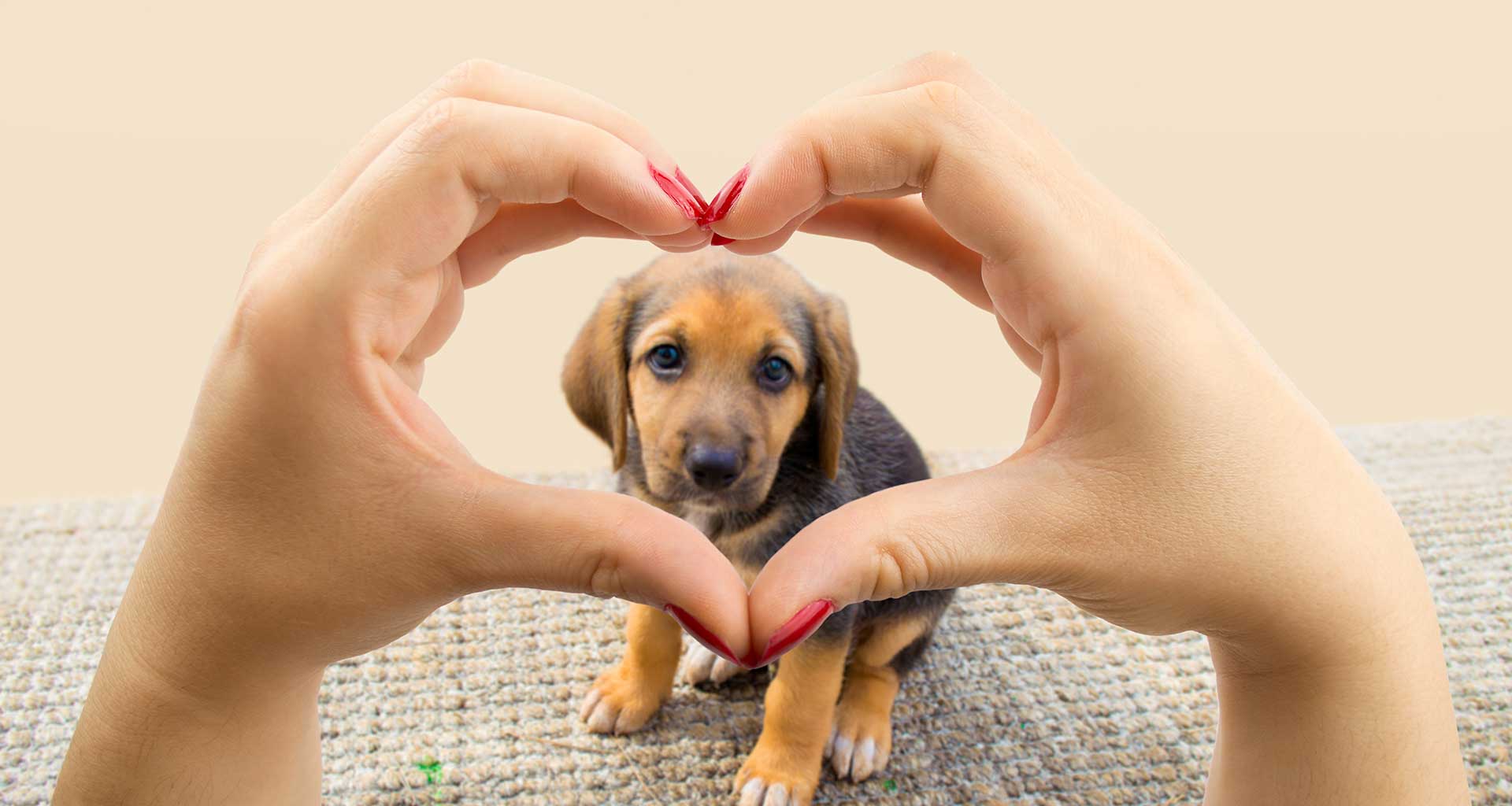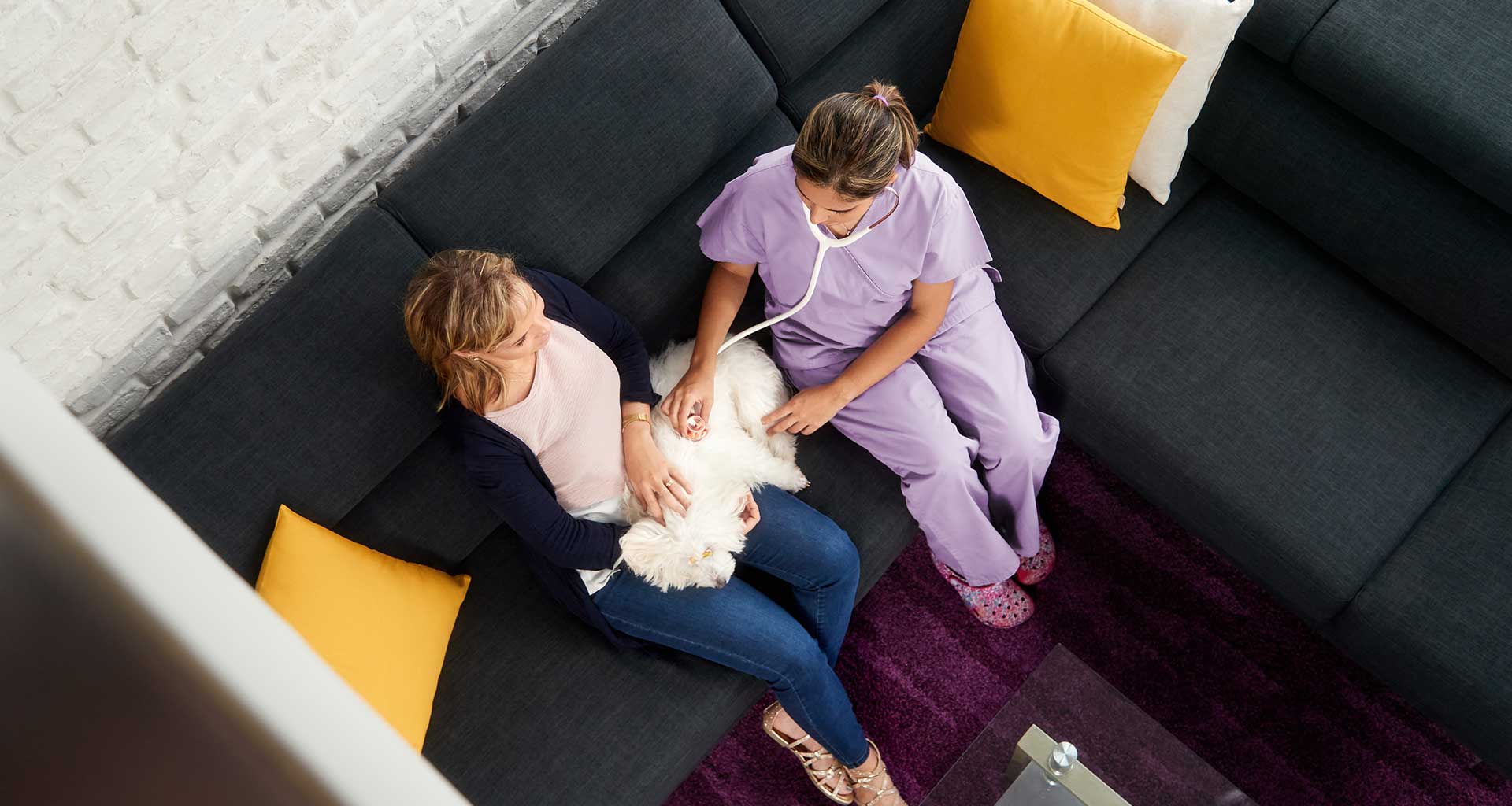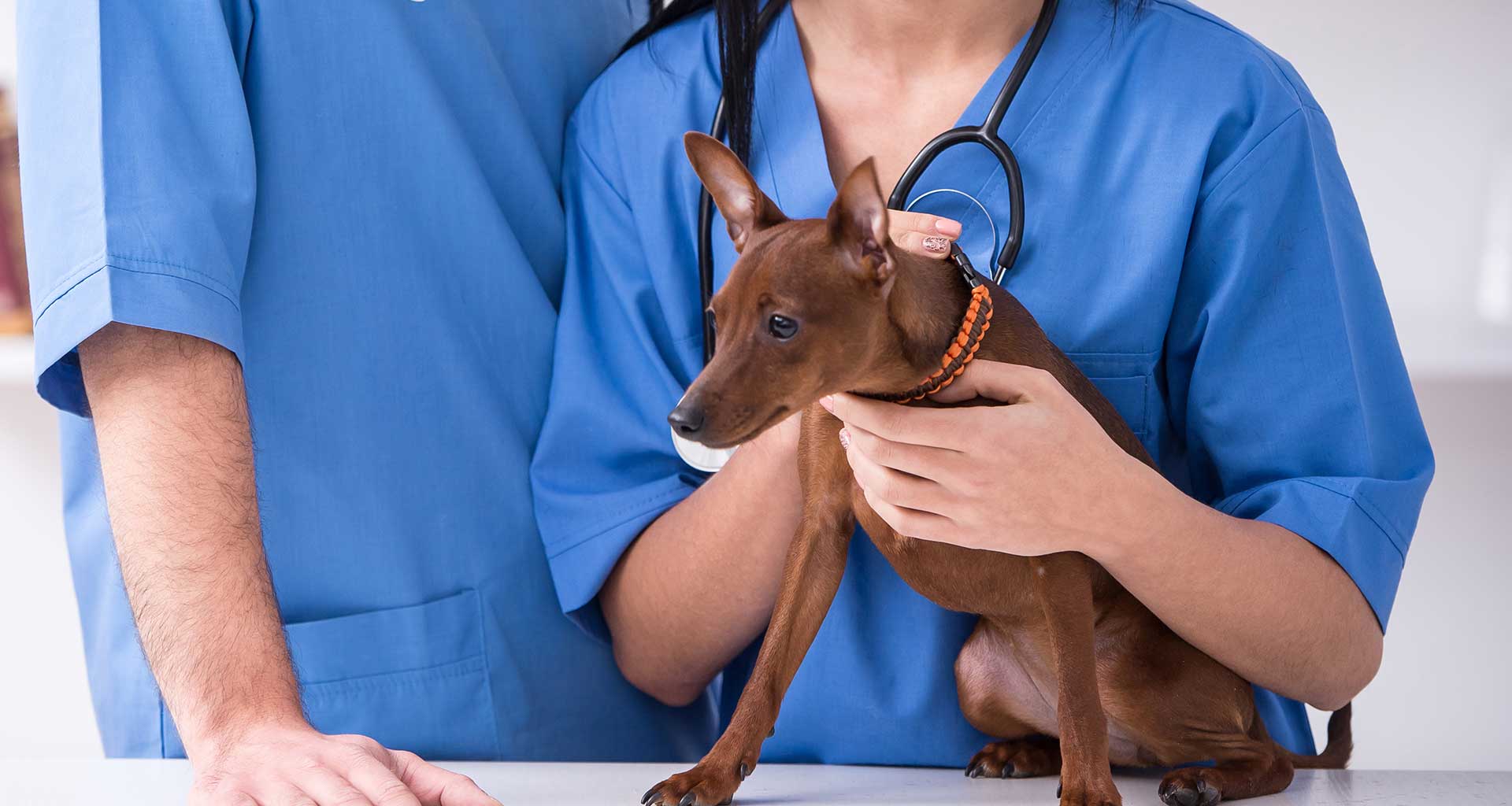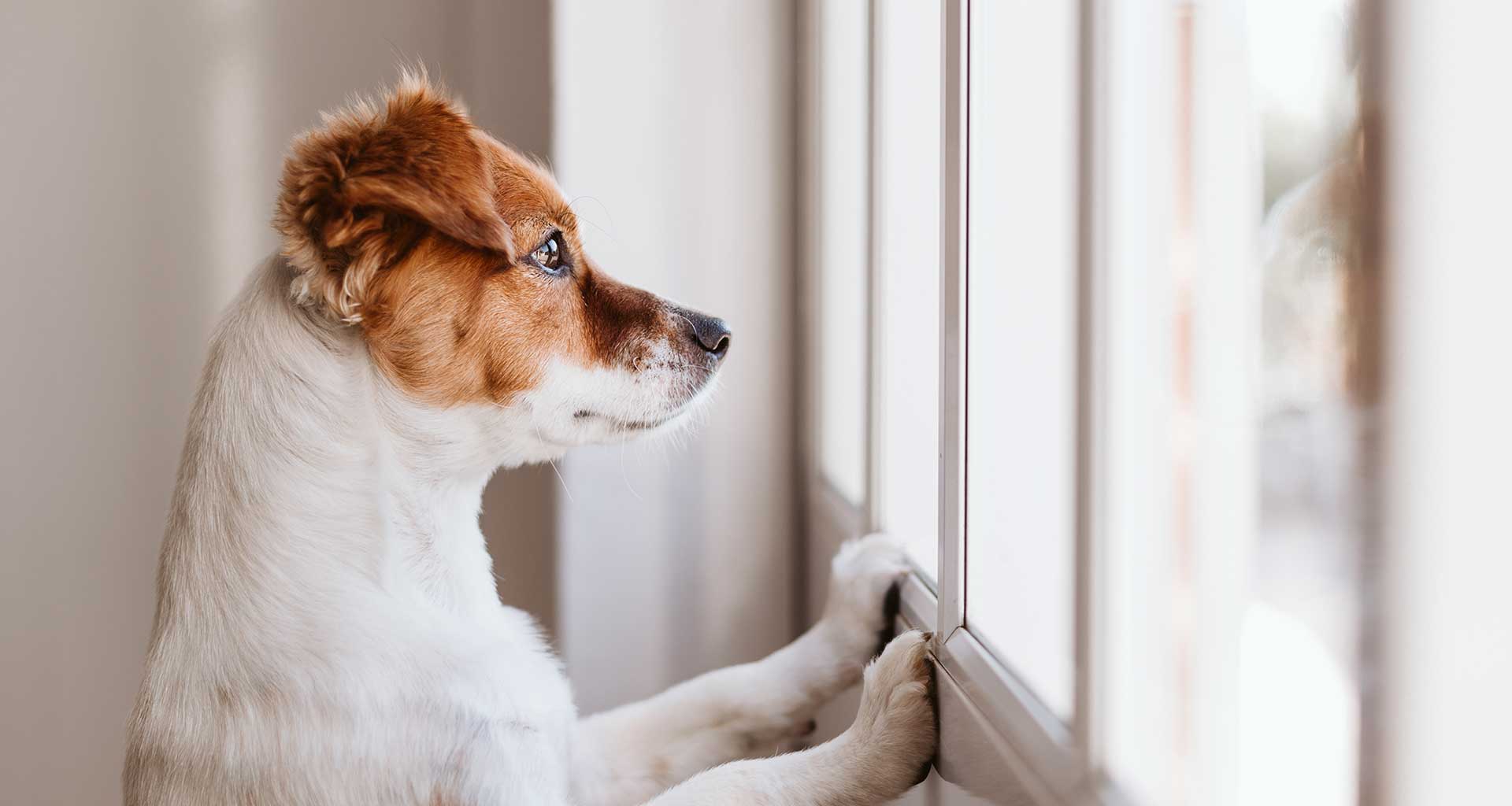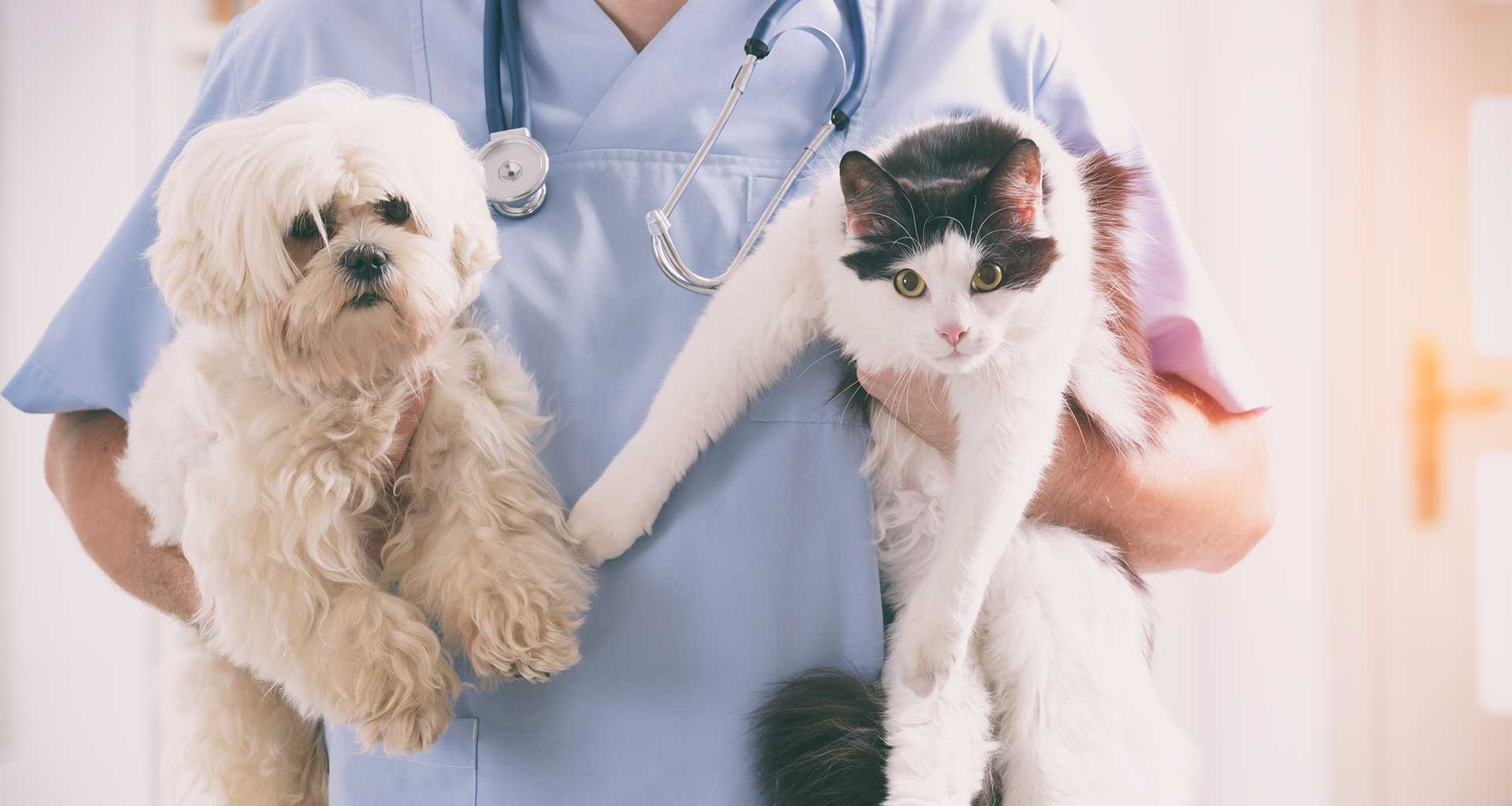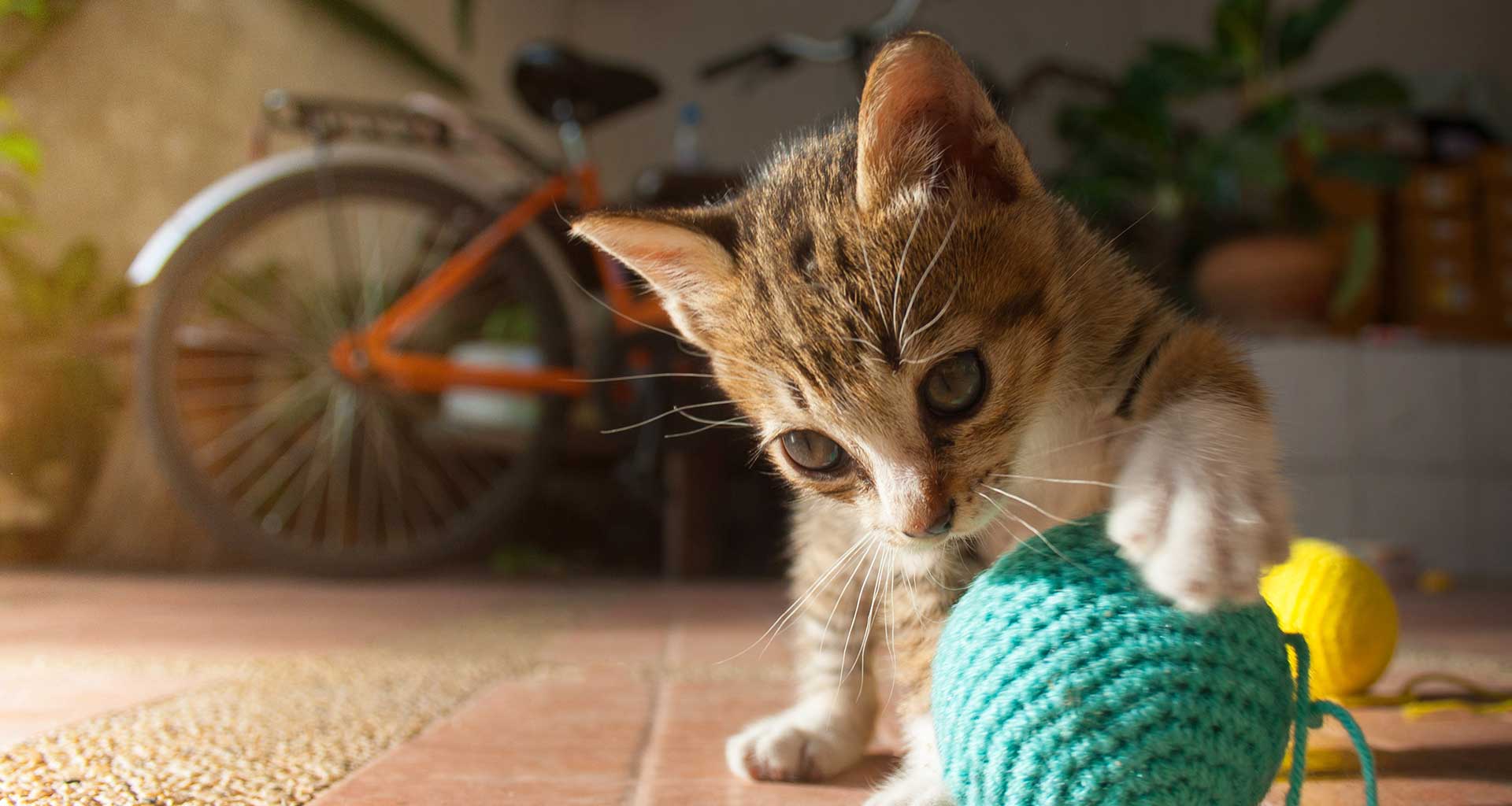Puppies are cute and cuddly and great fun. They are also a big responsibility that can’t be taken lightly.
Puppies that are treated well grow up to be social companions that protect you and show loyalty. They teach compassion, empathy and unconditional love. Not to mention patience and problem solving.
Things to think about when getting a puppy
Puppies grow up to be dogs of all shapes and sizes. Each one has their own unique set of traits and needs. Before you decide on your puppy make sure you do all the research to make sure that you are in a position to fill the needs of the dog it will become. For example, it may not be practical to keep a dog that needs regular exercise and a big yard in an apartment where you can’t regularly take them out.
Avoid giving a puppy as a gift to someone unless a lot of thought and research has gone into it.
If suitable, consider if adoption of a rescue. There are a lot of puppies and full-grown dogs that are surrendered to shelters who will make wonderful pets.
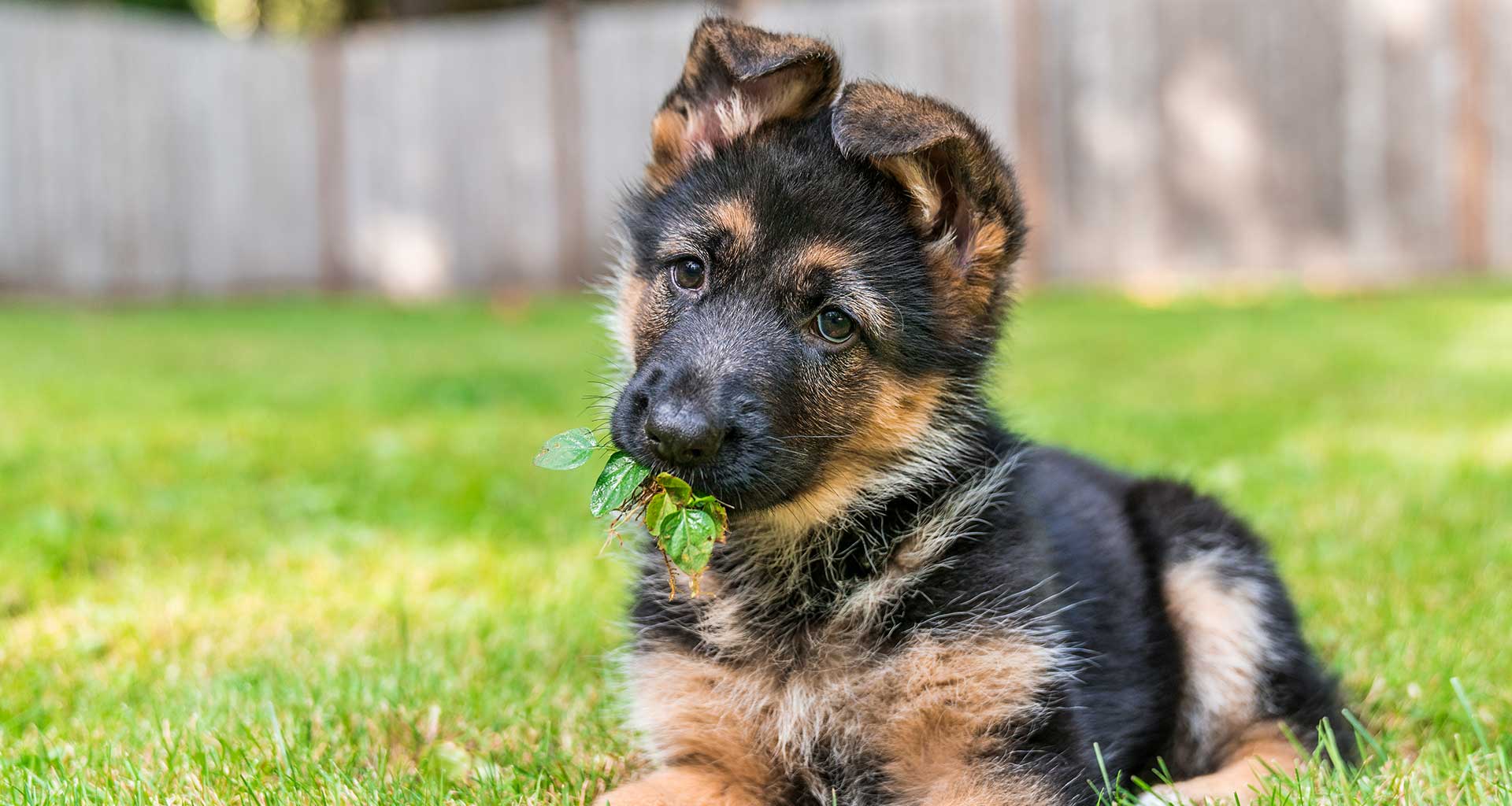
Get ready for your puppy
There are a few things you need to do when you have made the decision to get a puppy. You will have to puppy proof your home and garden. Anything that you do not want chewed, make sure you put it out of reach. Any plants that are toxic to your puppy have to be taken away from your house and garden.
To make sure the transition goes smoothly for you and your new furry family member, here are a few things that you have to get before you bring puppy home.
- Bedding: Make sure that the bed you buy is big enough for puppy to grow into, is machine washable and hypoallergenic. Puppies need a safe and warm place to snuggle at bed time and to go to for a feeling of safety. It is probably to a good idea to get two beds, as a backup when one is in the wash. If possible, try to get a bed that is resistant to chewing.
- Puppy Crate: Puppy crates are important to help house train your puppy and to give them a place to go to for security and quiet. The crate you choose has to be big enough for your puppy to stand up and move around in. Speak to you vet about the pros and cons of a puppy crate. That way you can be sure whether or not it is right for you.
- Clothes: Depending on the climate where you live and your breed of dog you may need some puppy clothes. Always make sure your puppy is comfortable and make sure the clothes fit properly. Do not leave your dog’s clothes on in doors. Wash the clothes regularly.
- Collar and tag: Your puppy will need a collar. Keep in mind puppies grow quickly. Check the collar almost every day to make sure the fit is still good. The collar should not be able to slip off but you should be able to fit two fingers between the collar and your puppy’s neck. The tag should have your dog’s name and all your details on it. You have to have an ID tag on your puppy even after they are microchipped.
- Car safety gear: Depending on the size of your dog, the frequency with which you are travelling in the car with your dog, and the distances. There are various options for keeping your car clean and your dog safe in the car. Speak to your local pet store about the best options for you.
- Lead and harness: Part of the training process is teaching your puppy to walk on a lead. This teaches discipline, obedience and socializing, all while being a great bonding experience. Getting the right lead is important; it can’t be too long, short, heavy or light and has to be comfortable for you. Go to the pet shop and have a look at all the leads they have on offer, hold them and see which is right for you. Harnesses are used during walks to prevent pulling. It will be a good idea to take your puppy with to make sure the harness fits and does not pinch.
- Toys: Puppies like children need toys. Toys keep them physically and mentally active. Chew toys even help to keep your pups teeth clean. Make sure you get appropriate toys from a reputable source.
- Poop bags: By law you need to clean up your puppies poop and dispose of it in the correct bin. Always make sure you have enough poo bags on your walks.
- Grooming equipment: Your puppy will need to be groomed. Whether they are short, medium or long hair pooches. Dogs need to be trained to be still and get brushed but they usually enjoy the time spent with their owner. Depending on your dog’s coat, the brush needs will differ.
- Toothbrush and toothpaste: Yes you will need to teach your dog to have their teeth brushed as often as possible to avoid illness and infection.
- Dog shampoo: A good dog shampoo is important. Keeping your dog’s coat and skin healthy helps with their overall health. You do not have to wash your dog daily, probably every two months or so. Unless they have been in something dirty or smelly.
Choosing a vet
Puppies spend a good deal of their first 18 months visiting the vet for vaccinations and checkups. You have to be comfortable with the vet; the more comfortable you are the more comfortable your fur baby will be.
Make sure your vet can perform the essentials, including vaccinations, microchipping and sterilisation. Vet visits can end up being expensive, consider finding out about pet insurance to help you with the cost of vet bills if you need it.
Keeping regular vet visits is important for the health of your dog. It is also important to prevent or catch any problems early on for better results.
FAQ
There is no exact answer, but the general agreed on rule is that you should not separate a puppy from its mom before 8 weeks, if possible, even 10 weeks.
If possible, meet the puppy’s parents. Find out if there has been any history of illness in any of the parents. Have the puppies and parents been vaccinated and had parasite treatment. Ask if there is any history of behavioural problems. What food are the puppies currently eating. Depending on the breed find out if the parents are certified.
Desexing is import to avoid unwanted litters and has other health and behavioural benefits. If you are not planning to breed your dog, we would recommend desexing them.
It may seem silly to send your puppy to school, but socializing your pup is very important. It benefits not only you and your pup but everyone around you. When it comes to some bigger breeds, socializing and training can even save lives.
